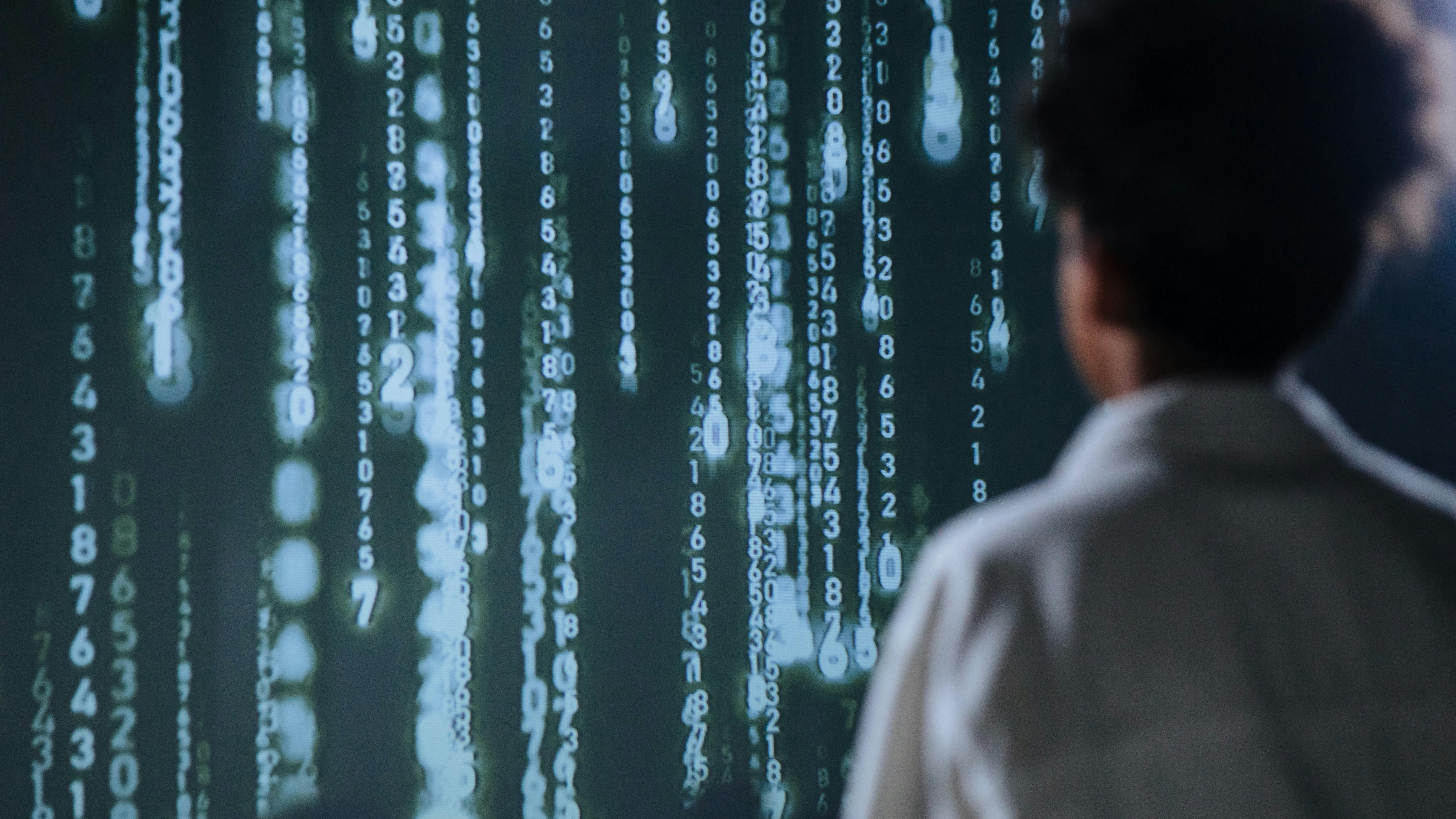What is Data Ethics?
Did you know, on average in 2020 every human created at least 1.7MB of data per second? Yes, every second.
But where does this data go?
As new technologies and apps are introduced at lightening speed, each of us now has more data than ever before. But how do we know who sees it, uses it and stores it? That's where data ethics comes in.
What is Data Ethics?
According to the Department for Digital, Culture, Media & Sport, data ethics is an emerging branch of applied ethics which describes the value judgements and approaches we make when generating, analysing and disseminating data. This includes a knowledge of data protection law, other relevant legislation and the appropriate use of new technologies. It requires a holistic approach incorporating good practice in computing techniques, ethics and information assurance.
Most people don’t think about the amount of data they generate over the course of a normal day. But, in fact, you transmit information every time you pick up your phone, get on your computer, strap on your smartwatch, play a video game or use your debit card. Data about every one of us is gathered and stored by hospitals, insurance companies, schools, utility companies, courts, government agencies, banks and more.
While this data certainly can and has been used for sinister purposes, it’s most often used by researchers to get insight into human behaviour to improve our lives.
Discover why data visualisation is important for your organisation.
What is in place?
General Data Protection Regulation (GDPR) changed how organisations use data in 2018, and we are now forced to think about the people behind that data. This was regulated after almost four decades of people using the internet. GDPR introduced new rules for all organisations on how they can collect and process personal data. Those who fail to follow the privacy and security standards will recieve harsh fines with a hefty price tag.
Are you being ethical with your data?
Ready data availability, cheap storage capacity and powerful tools for extracting information from data have the potential to significantly enhance the way we live. However, as with all advanced technologies, this comes with the potential for misuse. Ethical constraints are needed to ensure that an appropriate balance is reached.
Every organisation holds large volumes of data and to use it effectively and ethically, it must be protected. Acquiring and using the right and effective tools will help us feel more at ease, but the nature of data can still change.
How to Ensure Correct Ethical Data Collection, Storage and Research
- Consent - If we can't be sure how our data will be collected, stored and used, how can we achieve informed consent?
- Privacy and Confidentiality - They are not the same things. Privacy is regulated by law while confidentiality is a professional ethical obligation.
- Ownership - Because data is valuable, it’s very rarely destroyed. Privacy and confidentiality should prevent organisations or researchers from selling it or passing it on without our permission.
- Governance and Accountability - If we know how our data is governed and who has custody of it, we can maintain security.
Learn How to Use Data Correctly With Confidence
Whether you're interested in data visualisation, taking your audience on a story with your data or you want to master advanced statistical analysis. We've got a range of virtual data and digital courses coming up that will help you get ahead with data. Secure your place today.




-Jan-11-2024-03-33-59-9775-PM.jpg)
%20ethical%20procurement.jpg)
